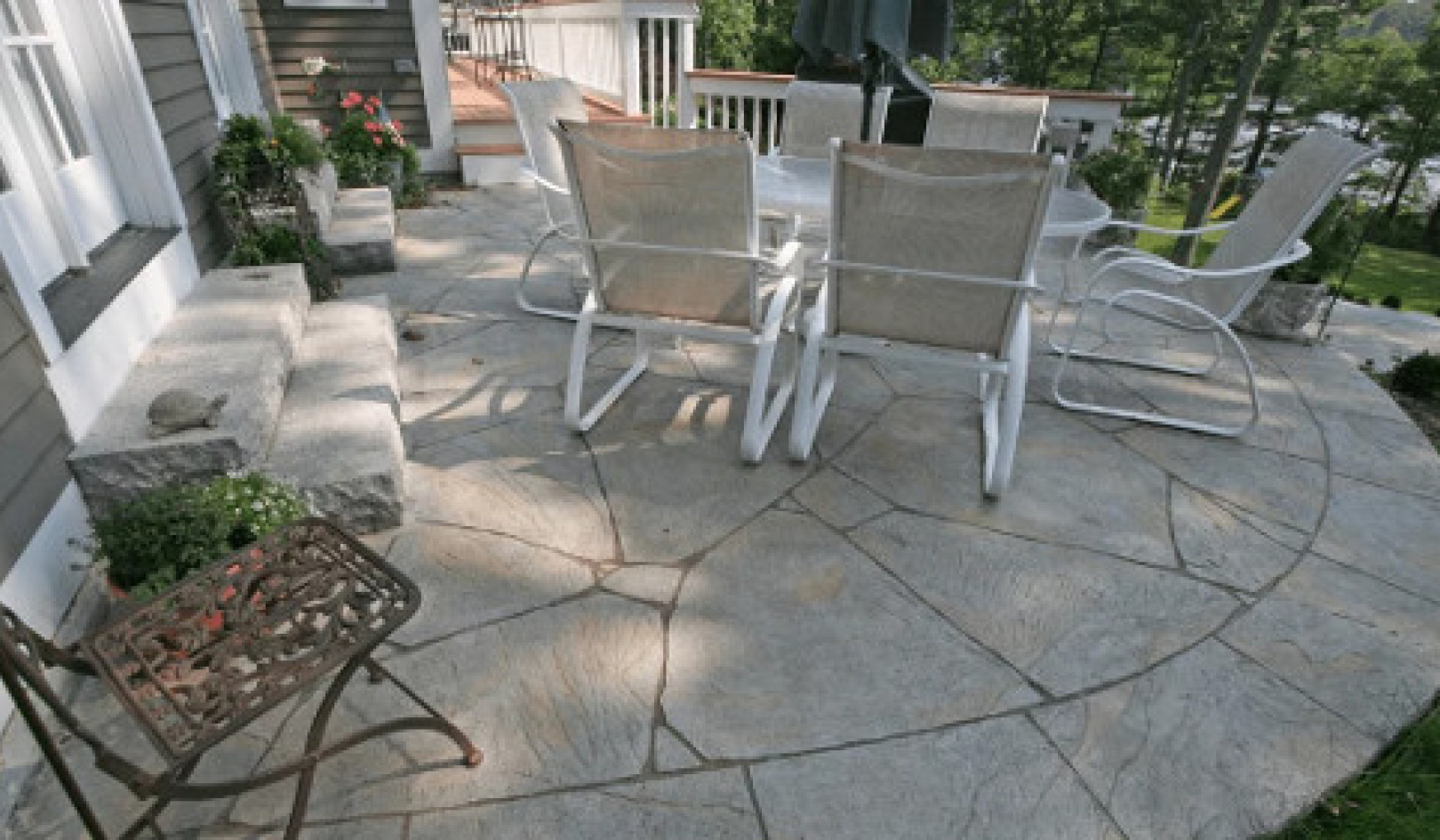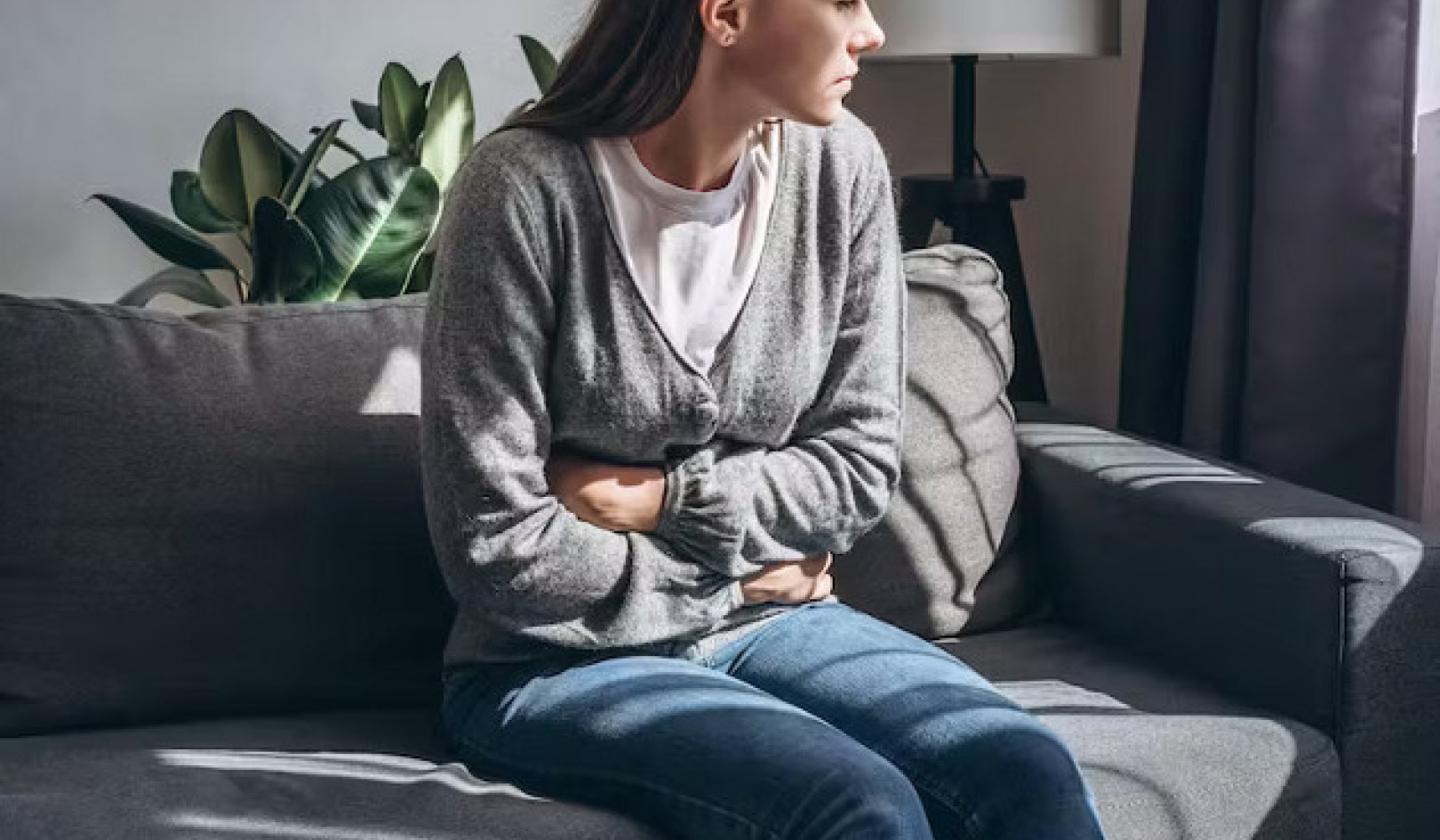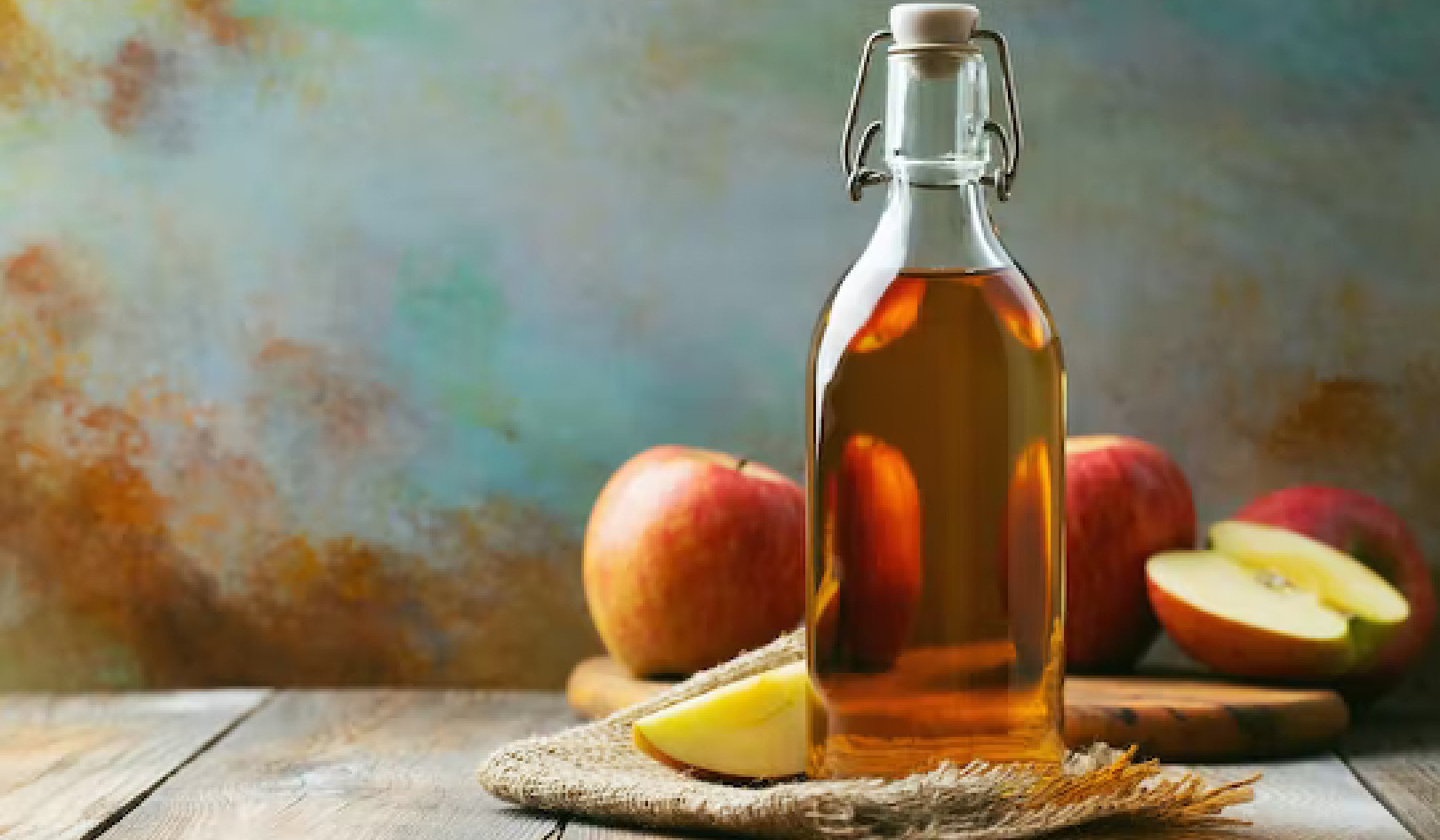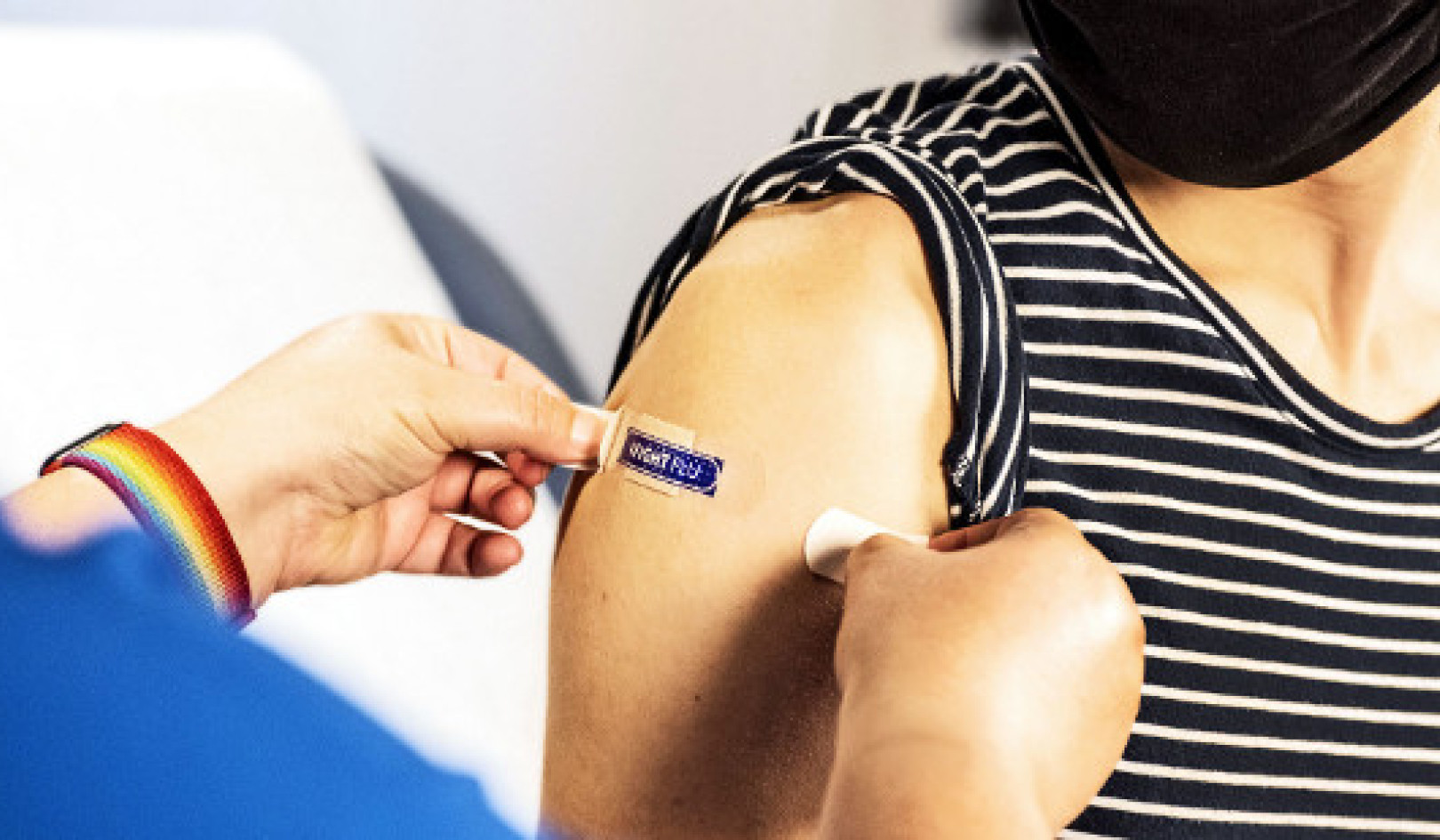
Image by Gerd Altmann
As I reflected on my trip to London, several years ago, I realized that, for the most part, the English people primarily exemplified their "public selves". Rarely was there anyone who was able to reveal himself with any degree of openness. I also remembered my return plane trip from London, seated next to a non-recovering American co-dependent. I was surprised how much one could learn about another's life in a mere 7 hours!
This divergent experience demonstrates a significant cultural difference. The English, as a culture, refrain from disclosure with great reserve. The Americans, as a culture, do not. The English people tend to be very "buttoned up" and prefer to internalize their feelings rather than expose them. "Tea time", their wonderful civilized social custom, offers them time to replenish the nerves until the following "tea time". In Latin countries, the siesta serves the same purpose. However, I doubt that a tea or siesta time is all one needs to resolve conflict and stress.
The Need for "Down" Time
In America, our only "down" time seems to be the daily drive to and from work, which, if it happens to be on Florida's I-95, tends to exacerbate stress and anxiety rather than temper it. By the time most of us are home from a typical day's work, we're up to our necks in stress and barely have enough time or energy to replenish ourselves before the next day begins. Our physical exhaustion seems to get our attention before our emotional needs are met. This leaves little time to work on any internal issues that may be bothering us.
The reason I feel we tend to ignore our internal exhaustion may be due to the stigma attached to therapy in general. In our society, there is no stigma attached to physical therapy; in fact, physical exercise is encouraged and positively reinforced in our culture. Psychotherapy, on the other hand, is still considered to be a sign of mental weakness or insanity. In truth, mental exhaustion is not unlike physical exhaustion -- our minds need time and attention as well as our bodies.
Stress is one of the leading causes of both mental and physical illness. Our culture does not encourage time for nurturing our psyches. This causes us to look for quick remedies to reduce the symptoms which stress causes; hence the proclivity to abuse alcohol and pills. When one considers the heightened pressure of everyday life, coupled with the prevalence of dysfunctional family systems, it's a wonder we make it at all.
Adversity Breeds Strength
How are we, then, to discharge the energy compounded by daily events we never learned to deal with appropriately? For example, looking at my life, I've had to manage both single parenting and a career -- a challenge that has been somewhat difficult to manage single-handedly. If anyone tells you raising a child alone can be done effectively, they're misinformed. Children need at least a mother and a father. As a recovering co-dependent since 1973, there were no 12 steps, Melodie Beattie, John Bradshaw, or inner child workshops available to me -- only AA and Al Anon were in existence. But my symptoms were the same; only the buzz words were missing.
My children and I survived those arduous years. However, all five of them paid a price that will inevitably leave its mark on their lives. The flip side of all this is that we all developed a sense of personal empowerment and strength that helped us deal with life's problems as they confronted us daily. Our sense of personal survival fueled our sense of self-esteem. Adversity breeds new strength.
The Empowerment of Community
It is important to note that my empowerment didn't develop alone. Nor was my life without constant trials. The message here is community. The work cannot be done alone. We need validation and legitimization for healing to occur. This can be accomplished through 12 step programs, in both support and process groups.
The 12 step program promotes a safe and structured healing environment -- a climate new to so many of us. The program provides a self-help approach we can live by for the rest of our lives, and yet, it still may not be enough. But it's a good beginning.
My personal growth and development was supported by others who had their own growth and empowerment to achieve. With the help of a trained therapist, I succeeded, but not without effort, time, and an unyielding willingness to survive.
Out of this personal pilgrimage, I emerged a rather successful mother and psychotherapist, but more important, a healthier human being. I encourage all of you to take a risk -- go for it! The road to recovery may be just a meeting away.
Book by this author:
 The Myth of the Maiden; On Being A Woman
The Myth of the Maiden; On Being A Woman
by Joan E. Childs.
Joan Childs shows how women of all ages can transform their lives. The Myth of the Maiden explores the evolution of women from helpless maidens to dragonslayers.
About The Author
 Joan E. Childs is a licensed clinical social worker and is the director of Joan E Childs & Associates, a counseling center for healing the inner child in Hallandale, Florida. Practicing clinical psychotherapist in South Florida since 1978, Joan has appeared on The Oprah Show and Montel Williams, as well as hosting her own show, Solutions. A personal life coach, certified pairs leader, hypnotherapist and EMDR practitioner, she is also the author of Why Did She Jump? An Angel to Remember.
Joan E. Childs is a licensed clinical social worker and is the director of Joan E Childs & Associates, a counseling center for healing the inner child in Hallandale, Florida. Practicing clinical psychotherapist in South Florida since 1978, Joan has appeared on The Oprah Show and Montel Williams, as well as hosting her own show, Solutions. A personal life coach, certified pairs leader, hypnotherapist and EMDR practitioner, she is also the author of Why Did She Jump? An Angel to Remember.
Visit her website at www.joanechilds.com.























